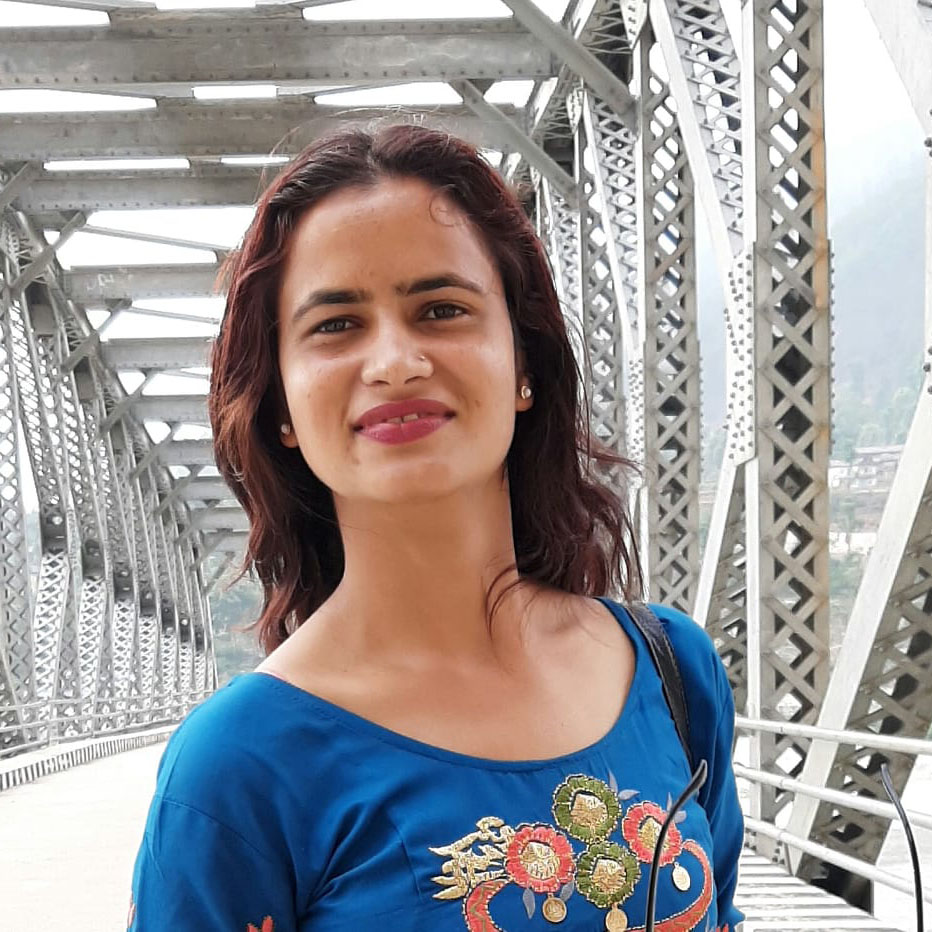National
Men sideline women from leadership and decision-making roles in consumer committees
Kala Dhami of Mangalsain Municipality-13, Achham, was all set to lead a consumers’ committee of a local drinking water project.
Menuka Dhungana
Kala Dhami of Mangalsain Municipality-13, Achham, was all set to lead a consumers’ committee of a local drinking water project. Discussions had been held among locals twice regarding the formation of the committee and the selection of a suitable leader for the committee. Finally, a consensus was reached: Kala would be the chief of the committee.
However, this unanimous decision was altered overnight. Those who had consented to choose Kala as the chairperson of the consumer committee withdrew their support. “The decision was changed overnight. The villagers, mostly men, said that a woman would not be able to lead a drinking water project worth Rs300,000.
They offered me the treasurer’s post instead. That was when I realised that our community hasn’t accepted the fact that a woman can also be a leader/chief of any committee,” Kala told the Post.
At a time when women participation and women in leadership positions are seen as progressive moves, Kala’s case stands to highlight the roadblocks women come across on their path to positions of power.
Kala’s case is not an isolated one. Pabitra Rawal of Magalsain-11 also faced the same discrimination when she wanted to be at the helm of the consumer committee in her municipality. She wanted to chair a consumer committee of an irrigation project. “The villagers did not support me. They questioned my ability of managing the project. Although there are more women than men in the village, it’s always the select few men who make the decisions. These men do not endorse the idea of a woman chief in any project with a big budget,” she said.
These instances that question a woman’s competency and her decision-making abilities are still prevalent in the rural areas of the country. Even elected representatives in local units said that the male representatives constantly attempt to sideline women from participating in development activities.
Laxmi Saud, the deputy chief of Dhakari Rural Municipality, said that she was not informed about the discussions held regarding the forming of a consumers’ committee. “I am the coordinator of the project monitoring committee but I don’t know the status of the monitoring work. I’m an elected representatives, and even I’m met with resistance from my male colleagues. The villagers pretend to support women empowerment but when it comes to supporting women to help them reach leadership positions, the villagers hesitate,” said Laxmi. There is not a single woman leading a consumers’ committee in the eight-ward Dhakari Rural Municipality, she added.
Only one consumers’ committee in Mangalsain Municipality is led by a woman. “There is a woman chief in one consumer committee in the municipality but she’s just a titular head. Her husband is the one who runs the show. He takes all the decisions,” said Sarita Upadhyay, the deputy mayor of Mangalsain.
According to Sarita, since the establishment of the local units through the federal setup, it was believed that women participation in decision-making roles and committees would be high but the reality is quite different. “I myself visit various settlements frequently and urge men to help women lead consumers’ committees in their wards but not many men follow through,” said Upadhyay.
As per the existing legal provisions, a development committee should be formed for the selection of development projects in a settlement. At least 33 percent women participation is mandatory in development committees.




 9.51°C Kathmandu
9.51°C Kathmandu














